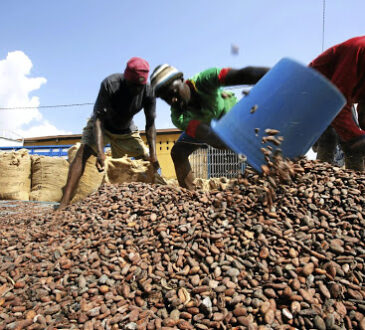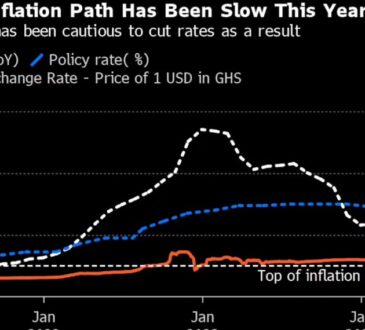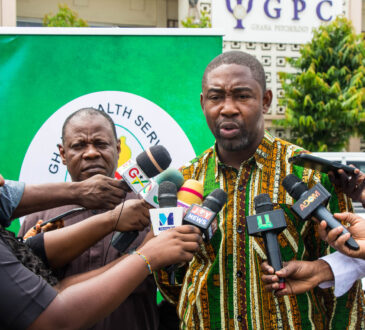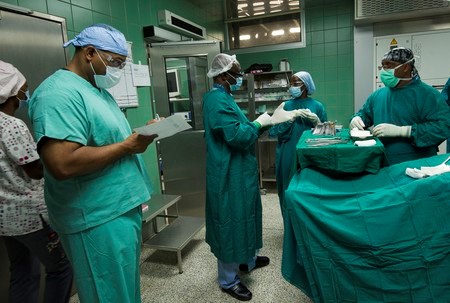
By Philip Gebu
A relative of mine recently traveled back to Ghana from abroad and informed me that upon arrival at Kotoka International Airport, money was still been collected by some officials from returning citizens and foreigners even though government has suspended the compulsory $50 and $150 fee for the PCR test for those arriving without their vaccination cards.
Well, this remains an allegation and she told me they were not allowed to record this unfortunate happening at the airport. An investigation must be instigated to unravel the truth. If the investigation however proves to be true, this will be bad news for our tourism and these people will have to be dealt with. First impression count and we must not create a bad image about our country.
COVID-19 impact on world tourism has been massive and the rebound seems to be slow compounded by the global economic crises. We are told that more dollars need to be injected into our economy and one easy way to receive more dollars is through tourism i.e. arriving tourists who will eventually spend their dollars into our country and if activities of self-seeking corrupt individuals will hinder government efforts at attracting more tourists into the country, then this situation must not be tolerated.
Health tourism must be another way to increase the number of tourists coming to Ghana especially our targeting our friends from West Africa. I recently attended a function at a hospital in the Volta Region and the medical director mentioned that some of the people who patronize the hospital come from Togo. As we consider developing our medical tourism, we must be conscious of the fact that, Ghana’s economy will be strengthened if and when money spent by Ghanaians elsewhere in search of health is spent locally. Many have argued that the country remains a very expensive destination thus the inability to promote tours within. Others have also argued that the facilities within Ghana are not up to international standards thus the decision to travel elsewhere for health reasons.
The fact is that foreigners will not build Ghana for us? If the Chinese, Americans and Europeans where to think this way, I don’t think any tourist will be visiting their country. This situation can be compared to a Ghanaian preferring foreigh rice over local rice yet he or she expects a foreigner to patronize his or her local rice whiles he or she keeps eating foreign rice.
No matter how tasteless Chinese rice may be, a Chinese will still prefer his rice over foreign ones. Can we say the same with us Ghanaians? We need to change that mindset most especially among our youth and children. No matter how supposedly bad our tourist attractions may be, we must still patronize them.
That is the only way of promoting our own and help stabilize our currency. There are many resorts in Ghana that can offer the uninterrupted rest Ghanaians need when in need. Travelling to the UK and other countries for health tourism will not help our course.
That uninterrupted rest will be best undertaken in Ghana, and the resort that will host them will also earn some money. Ghana can attract health remedies in a particular area but may be weaker than other countries in a different extent. Based on these facts, it remains that not one country can offer all the best kind of health tourism thus the need to travel elsewhere.
This brings to light the fact that Ghana must consider promoting its health tourism to other nations in Africa and the world over thereby attracting more tourists in search of health remedies.
The Centre for Scientific Research into Plant Medicine is a big opportunity we have in promoting health tourism. CSRPM was established by the Government of Ghana in 1975 as a result of the dream and vision of Dr. Oku Ampofo, a renowned allopathic Medical Practitioner, who having had personal experience of the therapeutic values of herbal medicines on himself and his father became an apostle of herbalism at a tender age.
Their mission statement is to gain the highest recognition for research and development of herbal products that meet the exacting needs of both patients and industry, through innovative scientific research and productive partnerships. Their vision is to make herbal medicine a natural choice for all.
The average daily attendance is 90-100 patience which is highly inadequate. If the Centre can consider providing accommodation to its patients, and embark of an advertising campaign, I believe many tourists from the whole of West Africa and beyond will be attracted. It is reported that Africans spent over USD$6 billion on health tourism. The sad aspect it that the developed world is the recipient of all this money.
What is Health Tourism?
Many articles have been written on the subject of medical tourism. We however need to understand the right definition of medical tourism. According to a report entitled Medical and Wellness, Lesson from Asia, Health tourism encompasses both medical tourism (based on western medicines) and wellness tourism (based on traditional therapies such as Ayurveda).
She refers to medical tourism as the act of travelling to foreign countries to seek ‘western-style’ medicine treatments and procedures (elective surgeries such as cosmetic, dental and plastic surgery as well as specialized surgeries such as knee/hip replacement, cardiac surgery, cancer treatments, fertility, orthopaedic therapy etc.).
Wellness tourism, on the other hand refers to authentic or location-based experiences/therapies such as Yoga, Ayurveda, use of local medicines etc. A country that offers medical tourism services to foreign patients, the ‘destination country’ is, therefore, the ‘exporter’ while the patient’s ‘home country’ becomes the ‘importer’ of the service.
Medical Tourism
There is no general consensus on the definition of medical tourism. Some definitions are broad. For example, Deloitte (2008) defines medical tourism as the ‘act of travelling to another country to seek specialized or economical medical care, well-being and recuperation’. Such a definition may be interpreted as including travel that seeks to enhance personal health and well-being, including through authentic and location-based therapies. The latter, known as wellness tourism, is sometimes included in a broad definition of the medical tourism industry, thus some studies use the term medical and wellness tourism instead of medical tourism alone. Other definitions are much narrower, considering only travel for the purpose of receiving treatment for a disease, ailment or medical procedure.
Below is the 2017 Monitoring Medical Tourism Trends.
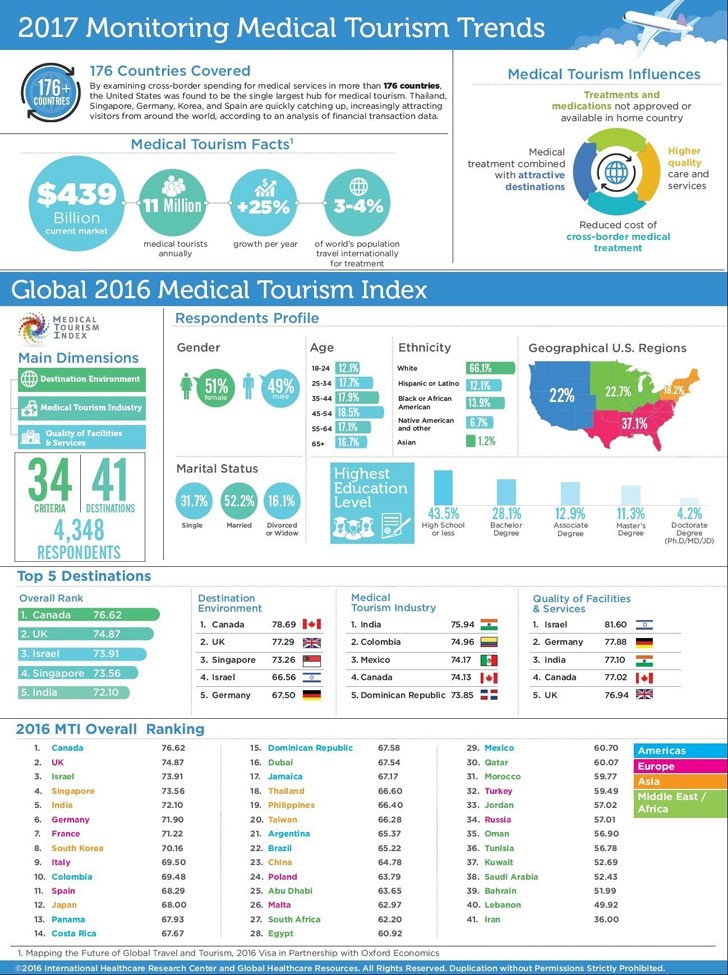
Philip Gebu is a Tourism Lecturer. He is the C.E.O of FoReal Destinations Ltd, a Tourism Destinations Management and Marketing Company based in Ghana and with partners in many other countries. Please contact Philip with your comments and suggestions. Write to forealdestinations@gmail.com / info@forealdestinations.com. Visit our website at www.forealdestinations.com or call or WhatsApp +233(0)244295901/0264295901.Visist our social media sites Facebook, Twitter and Instagram: FoReal Destinations.




